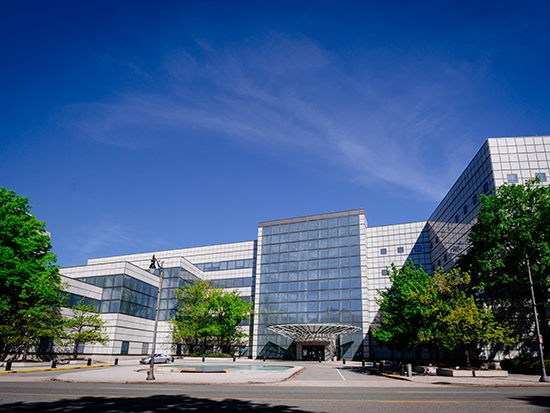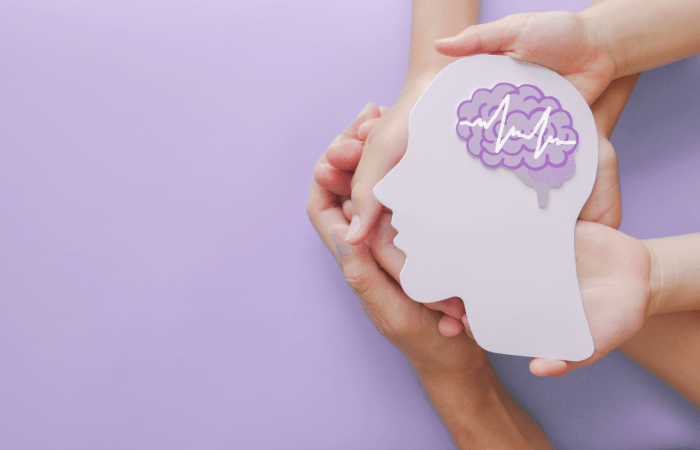Trigeminal neuralgia is a chronic pain condition of the trigeminal nerve, the nerve that carries sensation from the face to the brain. The trigeminal nerve is one of the largest nerves in the head, and it sends touch, pain, pressure, and temperature impulses to the brain from the face, gums, forehead, and around the eyes. People who have this condition may feel intense, shocking or stabbing pain with even mild stimulation of the face; for example, while putting on makeup or brushing teeth. The condition begins with short, mild pain but often progresses to longer, more intense pain. Doctors consider it one of the most painful sensations a person can experience, and it can affect mood, sleep, employment, and overall health.
The most common cause of trigeminal neuralgia is a blood vessel pressing on the nerve near the brain stem, which over time wears away the insulation in the nerve, causing irritation. The condition can come and go over months or years. It is more likely to occur in women older than 50. Trigeminal neuralgia often is manageable with medications, injections or surgery.
The UAB Neurology and Neurosurgery program provides specialized evaluation, diagnosis, and treatment of disorders of the body’s central nervous, peripheral nervous, and muscle systems. UAB’s internationally known neurologists and neurosurgeons address the most complex problems within their specialty, in both adults and children, with an effective combination of compassion and the most advanced technology available.
Care Providers
Resources
Related Specialties
Clinical Trials
Speak to your physician about your options and browse the link below for more information
Latest News
View All News-
Cognitive decline rate after a mini stroke is the same as a full stroke, UAB study shows
July 14, 2025
-
BE FAST to detect a stroke: ‘Every minute counts’
July 9, 2025
-
How chronic stress rewires the brain
April 15, 2025
-
$10 million endowment to UAB will support Parkinson’s, Alzheimer’s, Huntington’s and ALS research and education
April 14, 2025
-
UAB eMedicine launches Online Second Opinion service
March 31, 2025




